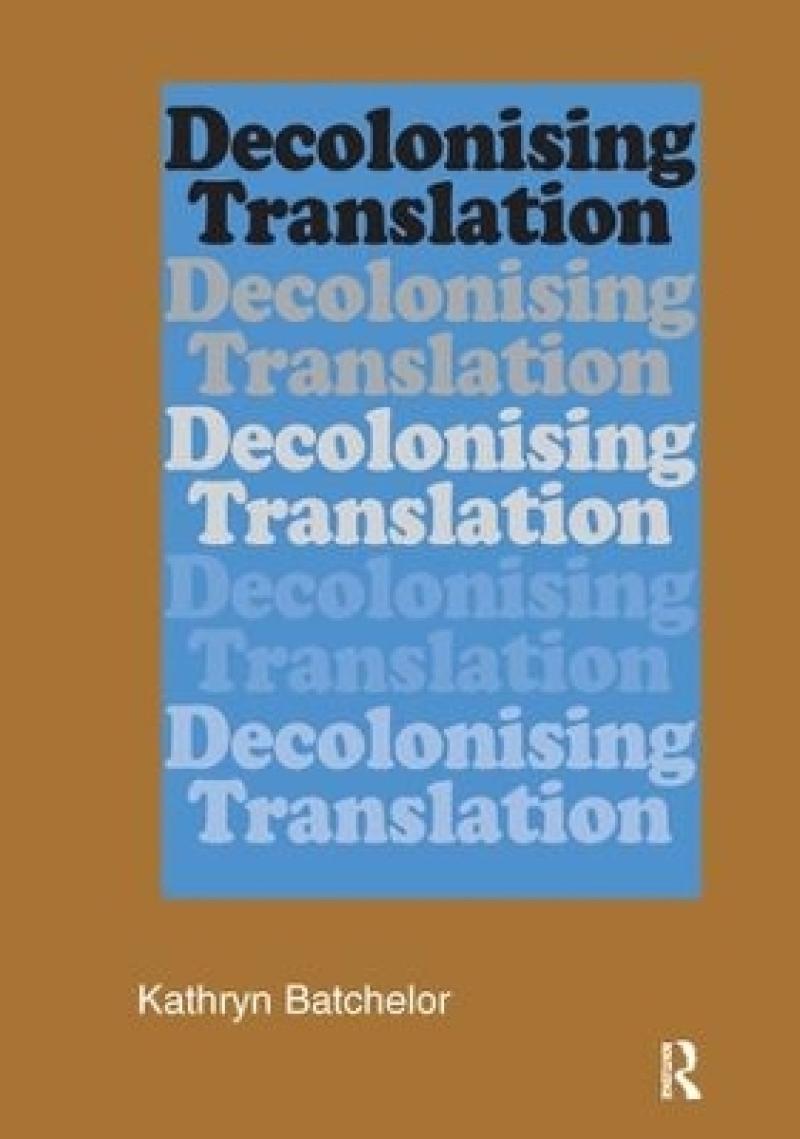The linguistically innovative aspect of Francophone African literature has been recognized and studied from a variety of angles over recent decades, yet little attention has been paid to what happens to such literature when it is translated into another language. Taking as its corpus all sub-Saharan Francophone African texts that have ever been published in English, this book explores the ways in which translators approach innovative features such as African-language borrowings, neologisms and other deliberate manipulations of French, depictions of sociolinguistic variation, and a variety of types of wordplay. The implications of their translation decisions are drawn out with reference to the broader significances that are often accorded to postcolonial literature, and earlier critics' calls for a decolonized translation practice are explored from both a practical and theoretical angle. These findings are used to push towards a detailed investigation of the postcolonial turn in translation studies, drawing on the work of key postcolonial theorists such has Homi K. Bhabha and Gayatri Spivak.This is a timely and incisive critical assessment of contemporary discourses on the ethics and politics of translation.
Les mer
The linguistically innovative aspect of Francophone African literature has been recognized and studied from a variety of angles over recent decades, yet little attention has been paid to what happens to such literature when it is translated into another language
Les mer
Decolonizing Translation: ContentsAcknowledgementsIntroduction1. Francophone African Novels and Their Translation into EnglishCorpus Boundaries- African- GenreTranslation into English- Index Translationum- PEN/IRL Report on the International Situation of Literary TranslationPresence on the UK/US Book MarketsThemes of Translated NovelsStyle in Translated NovelsLinguistic Innovation: Creativity or Corruption?Linguistic Innovation in an African context2. Linguistic Diversity and PolyglossiaReferences to Polyglossia in the Corpus Texts Depicting Polyglossia and Linguistic Diversity 3. Visible Traces and Traces within TracesInterpreting the Significance of Visible TracesTranslation of Visible Traces- Simplification of Orthography- Alterations to Typography- Eliminations of Visible Traces - Relocation of Glosses and Addition of Further Explanatory Material- Omission of GlossesTraces within TracesSummary 4. Basilectal and Mesolectal FrenchNovels Set in the Colonial Era: français petit nègre- Pidgin-for-pidgin (or Pseudo-pidgin for Pseudo-pidgin) Approaches- Rendering petit nègre Using Inaccurate English- Retaining French- From Depiction to Description- Evaluation of Translation Approaches to petit nègreBasilectal French in Post-Independence Novels- Rendering Basilectal Orthographical Variation with Orthographical Corruption in English- Rendering Basilectal Variation in Standard English- Retaining the French of the Original- Summary of Translation Approaches to Basilectal French in Post-Independence NovelsDepicting Children's Language- Translating Isolated Basilectal Expressions- Re-creating Idiosyncratic Basilectal StylesMesolectal French- Semantic Neologisms- Borrowing- Calqued Expressions- Derivation- Grammatical and Paralinguistic VariationsSummary5. RelexificationCompositionDerivation HypostasisCalquing6. Onomastics and WordplayOnomasticsWordplay7. Towards a Decolonized Translation PracticeTranslating Visible TracesTranslating RelexificationTranslating Onomastics and WordplayBasilectal and Mesolectal Features, or, Tranlsating DialectDecolonized Translation Practice: Some Conclusions 8. Exploring the Postcolonial Turn in Translation TheoryBerman, Venuti, Spivak: Ethical Translation, Erotic Translation and the Problem of EffectSpaces Between and InterculturesFurther Applications of Bhabhian TheoryBibliographyIndex
Les mer
Produktdetaljer
ISBN
9781138173026
Publisert
2016-07-27
Utgiver
Vendor
Routledge
Vekt
453 gr
Høyde
246 mm
Bredde
174 mm
Aldersnivå
U, 05
Språk
Product language
Engelsk
Format
Product format
Innbundet
Antall sider
290
Forfatter
